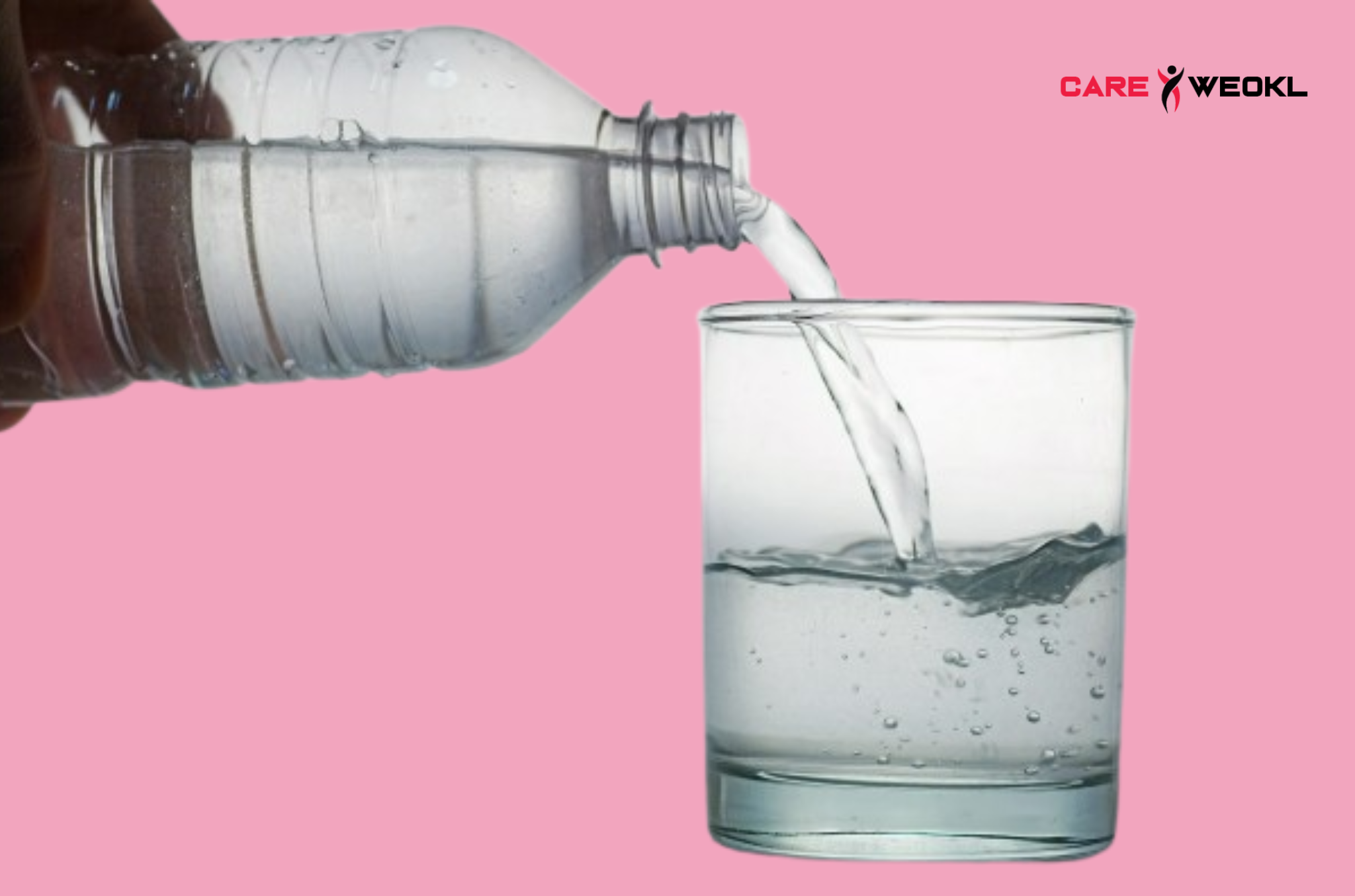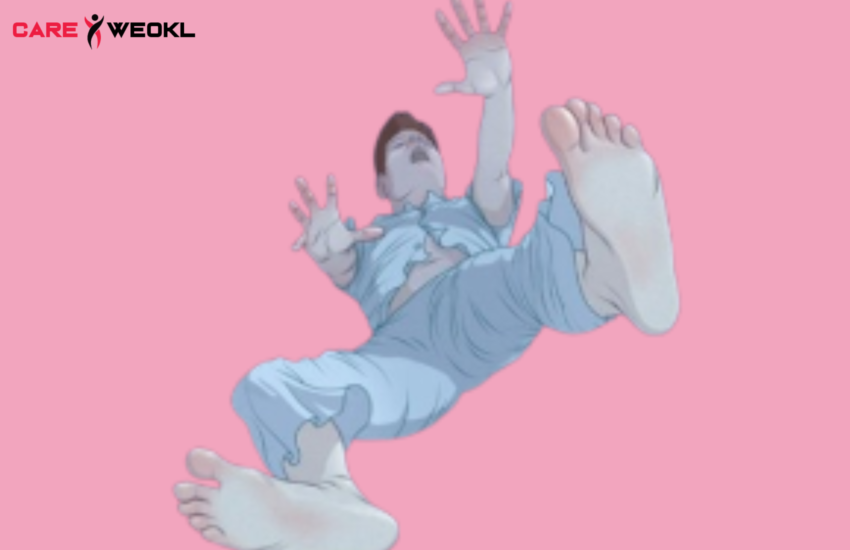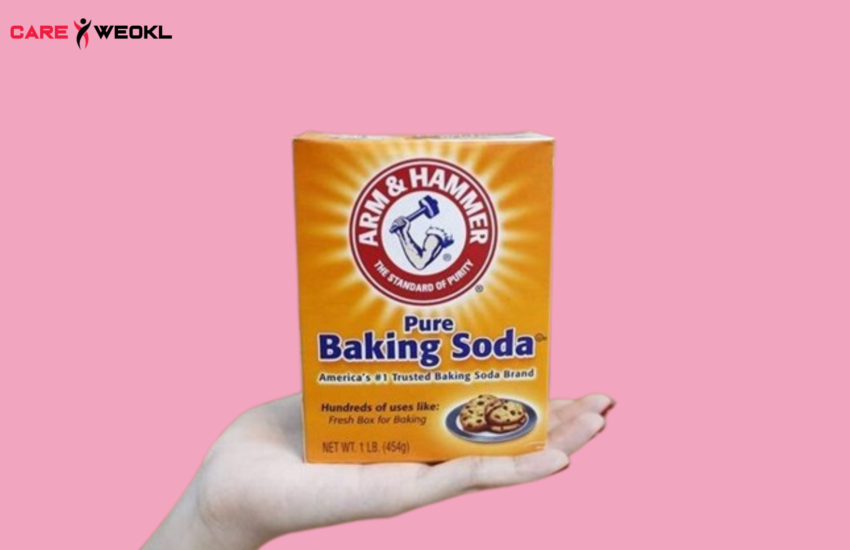8 SYMPTOMS THAT THE BODY IS NOT GETTING ENOUGH WATER
Water is essential for every cell, tissue, and organ in your body to function properly. It’s an essential part of maintaining bodily functions like digestion, circulation, temperature regulation, and detoxification. Dehydration, or not drinking enough water, can lead to a wide range of symptoms, some of which can be subtle while others can be more serious. If you’re not properly hydrated, it can affect your health in different ways. Here are 8 common symptoms that your body isn’t getting enough water.
- Dry Mouth and Thirst
What it is: The first and most obvious symptom of dehydration is dry mouth or increased thirst. Your body is sending you a signal that it needs more fluids by making your mouth feel dry and urging you to drink.
Why it happens: Saliva production decreases when your body doesn’t have enough water, leading to dry mouth and difficulty swallowing.
What to do: If you’re feeling thirsty or your mouth feels dry, this is a clear sign that you need to drink more water. Don’t ignore these early signs! - Fatigue and Weakness
What it is: Dehydration can make you feel unusually tired, lethargic, or weak. You may notice that your energy levels drop significantly, and you feel more tired than usual.
Why it happens: Water plays a key role in energy production at the cellular level. When you don’t have enough water, your body struggles to perform even the simplest tasks, leading to fatigue.
What to do: If you’re feeling overly tired, rehydrate. Replenishing fluids can help restore your energy and prevent fatigue caused by dehydration. - Dark Yellow Urine
What it is: The color of your urine is a great indicator of your hydration levels. Dark yellow or amber urine often indicates dehydration.
Why it happens: When you don’t drink enough water, your kidneys conserve water by concentrating your urine, resulting in a darker color. Clear or pale yellow urine is a sign of adequate hydration.
What to do: Try to drink enough water so that your urine is light yellow or clear, indicating optimal hydration. - Headaches
What it is: Dehydration is a common cause of headaches, especially when you don’t consume enough water throughout the day.
Why it happens: Lack of water causes your brain to shrink, which can lead to pain. Additionally, dehydration can cause decreased blood flow to your brain, which can contribute to headache symptoms.
What to do: If you notice a headache, consider drinking water and monitoring your water intake. Rehydrating may help relieve discomfort.
- Dry Skin
What it is: If your skin feels rough, tight, or flaky, it could be a sign that your body is dehydrated. Dehydration can cause your skin to lose its natural moisture and elasticity.
Why it happens: Water helps maintain the skin’s moisture balance, and without adequate hydration, your skin can start to look dull, dry, and irritated.
What to do: Increase your water intake, and use a moisturizer to help keep your skin hydrated.
- Constipation
What it is: Dehydration can lead to constipation, which can make bowel movements difficult or infrequent. The colon pulls water from waste materials in the body, but without enough water, waste becomes harder and harder to pass.
Why it happens: When you’re dehydrated, your digestive system struggles to function properly, leading to constipation.
What to do: Drinking more water can help soften your stool, improve digestion, and relieve constipation.
- Dizziness or lightheadedness
What it is: Dehydration can make you feel dizzy or lightheaded, especially when you stand up quickly. This is caused by low blood pressure or low blood volume, which can be caused by lack of water.
Why it happens: Dehydration reduces the volume of fluid in your blood vessels, making it harder for your body to maintain proper blood pressure and circulation.
What to do: If you feel dizzy, rehydrate immediately. If symptoms persist, see a health care provider.
- Dry eyes
What it is: If your eyes feel dry, itchy, or irritated, dehydration may be the cause. When your body doesn’t get enough water, it reduces tear production and causes dry eyes.
Why it happens: Tears are made of water, so a lack of hydration can affect tear production, leading to dry eyes.
What to do: Drink water to keep your body hydrated and help restore tear production. You can also use artificial tears or lubricating eye drops if needed.
What to do if you experience these symptoms
If you experience any of these symptoms of dehydration, it’s important to act quickly. The first step is to drink water. However, if you’re unable to stay hydrated or symptoms persist, you should consult a healthcare professional. Dehydration can lead to more serious health complications if left untreated, so it’s important to treat it as soon as possible.
Tips for staying hydrated:
Carry a water bottle with you throughout the day.
Set reminders to drink water regularly, especially if you tend to drink water



